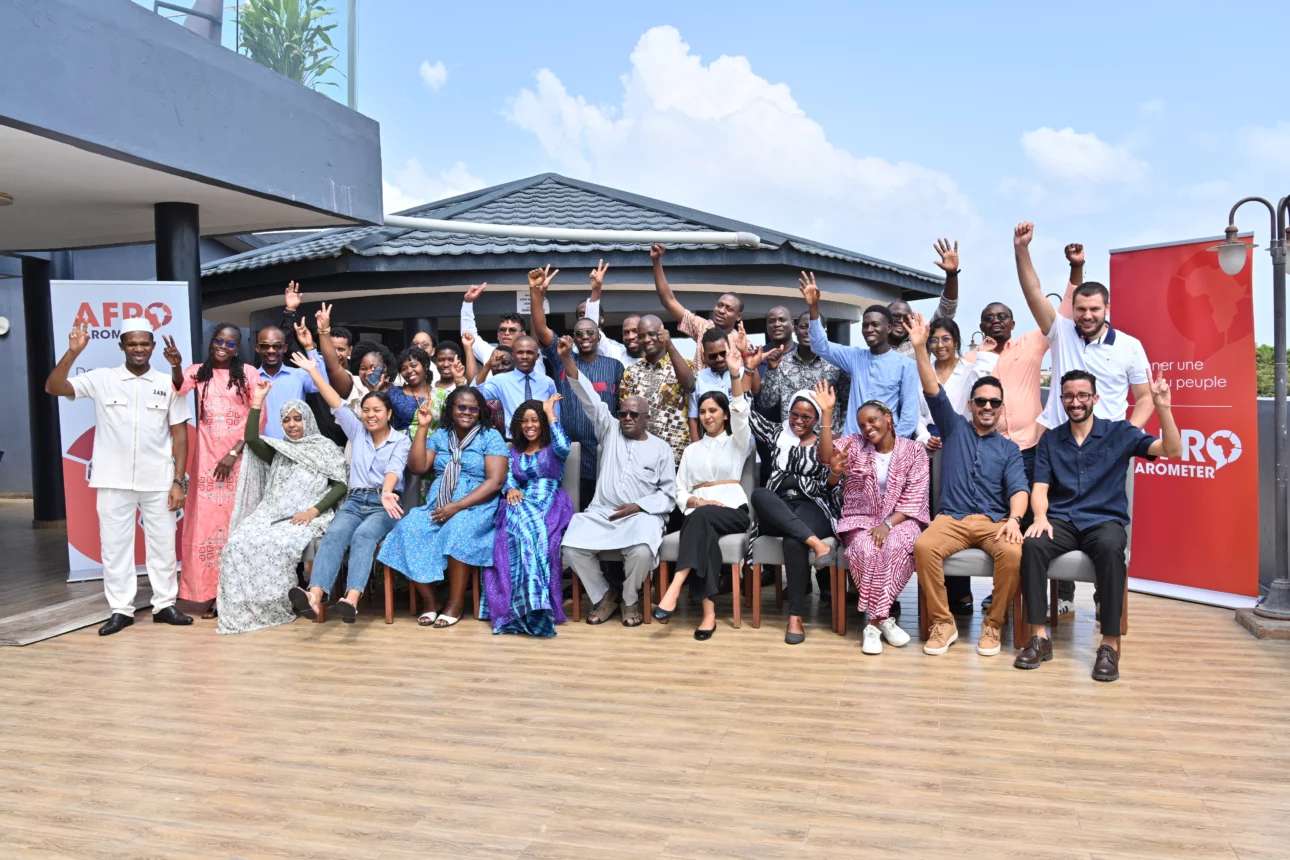Business
Young Francophone Researchers Laud Afrobarometer Training as Career-Defining Opportunity

Participants in the recently concluded Afrobarometer training for young francophone researchers have hailed the programme as a transformative milestone in their professional journeys, describing it as an experience that has deepened their technical competence and broadened their academic horizons.
The three-week programme, held earlier this month in Cotonou, Benin, brought together 26 emerging scholars from across francophone Africa for intensive sessions on research design, survey methods, data analysis, and scientific writing. While the training itself has wrapped up, its impact continues to resonate strongly among those who took part.
For many attendees, the opportunity to engage with Afrobarometer’s methodological expertise and rich public-opinion datasets has opened new possibilities for research and policy engagement.
Toavina Rafidimanana, data manager at COEF-Ressources in Madagascar, said the experience significantly enhanced his ability to interpret and apply survey data in development work. “This training broadened my understanding of research methodology and sharpened my capacity for evidence-based analysis,” he said. “It marks an important step in the next phase of my career as a young researcher committed to factual, data-driven development.”
Similarly, Farmata Diarra, a specialist in social and solidarity economy, described the programme as “rich, rigorous, and essential” for young analysts seeking to build strong foundations in data processing and quantitative research.
For others, the programme’s impact extended beyond technical skills.
Eteke Ngoungou Yolande, an economist and doctoral candidate at the University of Yaoundé II, said the workshop represented “much more than an academic opportunity”. According to her, it served as a defining moment in her evolution as a scholar of governance and public policy.
“Upon returning home, I plan to actively promote Afrobarometer within academic circles,” she said. “I want to organise sessions with other young researchers and encourage them to integrate Afrobarometer data into their work, because reliable data is essential for informing public policy in Africa.”
The programme, which combined Afrobarometer’s annual summer school and its thematic workshop, offered participants hands-on exposure to advanced quantitative techniques, including multiple linear and logistic regression, and demonstrated how public-opinion data can be used to interrogate issues such as governance, climate change, gender, migration, and health.
Afrobarometer says such reactions underscore the purpose of the initiative: nurturing a new generation of African researchers capable of generating high-quality data and strengthening evidence-based policymaking across the continent.


